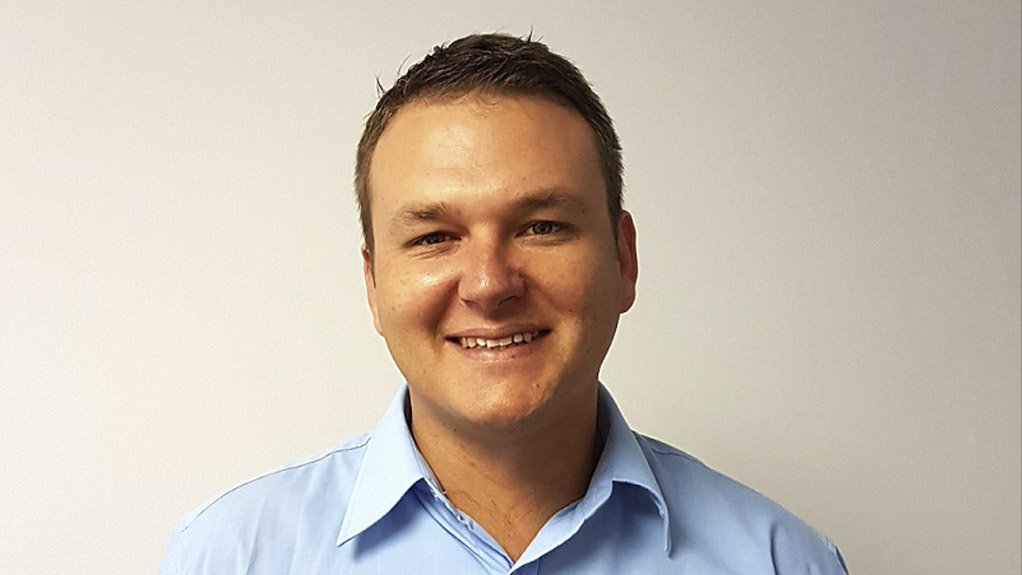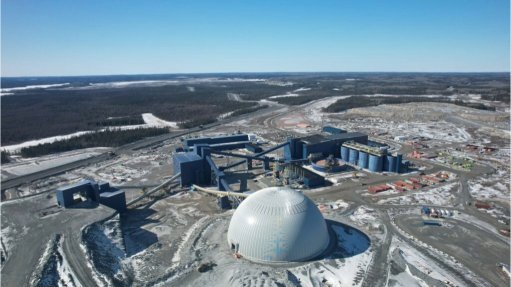Skills development for life after mines should focus on economic participation and growth
This article has been supplied as a media statement and is not written by Creamer Media. It may be available only for a limited time on this website.
By Jacques Farmer, MD at PRISMA
The social labour plan of any mine must include long-term commitments to affected communities before, during and after the mining cycle. As mining operations begin to wind down, something we are seeing with increasing frequency in South Africa, there needs to be a change in both strategy and vision going forward. The goal should always be to invest in communities to ensure that they will be able to provide for themselves, which requires diversification of skills outside of the mining space. The right training partner is key in ensuring that return on expectation is delivered to enable previously mining-oriented communities to continue to participate in the economy long after the mine is no longer operational.
A change in human capital strategy
Once mines mature and begin to scale down operations, the human capital development strategy needs to shift. Investment needs to be made into communities to ensure they can provide for themselves and not be solely reliant on the mine for economic participation. This requires skills transfer along a broader range and can include higher education and learnerships in other fields such as construction and transport or artisan training in bricklaying, plumbing, welding and more. There are also short and powerful programmes in soft skills, such as business administration, generic management skills, entrepreneurial skills, and new venture creation.
Another initiative that proves highly beneficial is to full start-up programme packages, like a ‘business in a box’, which can be delivered to give people not only the necessary skills, but also the tools they need to get a small business off the ground. For example, individuals can be trained on how to install satellite dishes or do basic plumbing and welding, and the training can include a kit so that these people will be able to go out immediately and start providing for themselves and their families. This should be coupled with skills such as how to develop business and marketing plans, basic accounting, and finance, as well as mentoring and coaching after training is completed.
Spanning generations
It is also important to ensure that skills transferred are themselves transferable and that other skills that may exist within the community can be passed down. Part of the social labour plan can include coaching programmes for people within communities who have skills to transfer, to equip them with the knowledge and skills to pass this along to the next generation. Orientation at school level is also essential to prepare children for working environments that are not centred on mining. It will also help them understand the various roles that exist within mining that are not specific to a mine, and can be transferred to other areas, including metallurgy, geology, human resources and more.
There are many areas that can be included in skills development, from farming to business to basics, such as how to prepare a CV. Active engagement with communities is essential in implementing successful programmes. From a holistic perspective, skills development should be about uplifting communities and enabling them to provide for themselves, giving them the skills and confidence, they need to create an economy that is not reliant solely on a mine.
Take a view for the long term
Project planning is key to successfully implementing long-term community development plans for after life of a mine, but this is often not a core competency for mining houses. An experienced partner with knowledge of how to engage with communities and deliver impactful programmes is invaluable. There is no one size fits all approach, as every community is different, and each mining house is also different. Your partner should engage with all involved parties, including unemployment forums and schooling, to understand the specific needs that exist for skills development to create a plan that will deliver long-term benefits.
The goal is sustainable economic growth and participation outside of mining and maintaining the balance with communities is essential. It is vital to deliver on what is promised to maintain trust and prevent unrest, which requires a direct approach. Having a specialist training partner onboard will ensure that skills development is aligned with long-term strategy to support successful growth and development, giving people real skills to enable them to contribute to economic growth and participation.
Comments
Press Office
Announcements
What's On
Subscribe to improve your user experience...
Option 1 (equivalent of R125 a month):
Receive a weekly copy of Creamer Media's Engineering News & Mining Weekly magazine
(print copy for those in South Africa and e-magazine for those outside of South Africa)
Receive daily email newsletters
Access to full search results
Access archive of magazine back copies
Access to Projects in Progress
Access to ONE Research Report of your choice in PDF format
Option 2 (equivalent of R375 a month):
All benefits from Option 1
PLUS
Access to Creamer Media's Research Channel Africa for ALL Research Reports, in PDF format, on various industrial and mining sectors
including Electricity; Water; Energy Transition; Hydrogen; Roads, Rail and Ports; Coal; Gold; Platinum; Battery Metals; etc.
Already a subscriber?
Forgotten your password?
Receive weekly copy of Creamer Media's Engineering News & Mining Weekly magazine (print copy for those in South Africa and e-magazine for those outside of South Africa)
➕
Recieve daily email newsletters
➕
Access to full search results
➕
Access archive of magazine back copies
➕
Access to Projects in Progress
➕
Access to ONE Research Report of your choice in PDF format
RESEARCH CHANNEL AFRICA
R4500 (equivalent of R375 a month)
SUBSCRIBEAll benefits from Option 1
➕
Access to Creamer Media's Research Channel Africa for ALL Research Reports on various industrial and mining sectors, in PDF format, including on:
Electricity
➕
Water
➕
Energy Transition
➕
Hydrogen
➕
Roads, Rail and Ports
➕
Coal
➕
Gold
➕
Platinum
➕
Battery Metals
➕
etc.
Receive all benefits from Option 1 or Option 2 delivered to numerous people at your company
➕
Multiple User names and Passwords for simultaneous log-ins
➕
Intranet integration access to all in your organisation




















